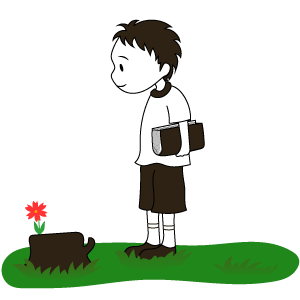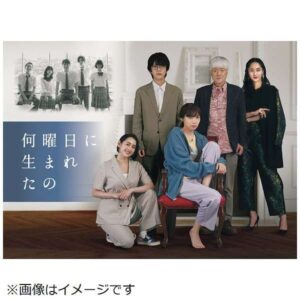Sentences that come first in terms of physical sensation From a recent article by Banana Yoshimoto
I think there are some people’s notebooks that I really want to read but haven’t read all of them because I have to pay for them, and the first one is Banana Yoshimoto for me.
I have read most of her novels (I would like to say all of them, but… recently… sorry).
In addition to her novels, I also think her essays and dialogues (especially the one with Hayao Kawai, “Naru-no Dialogue”) are great.
I think that, as with any professional writer, there is always something in your writing that only Banana Yoshimoto could write, a Yoshimoto-esque style.
It’s like, even though it’s a sentence, you feel it before you understand it in your head.
It is difficult to convey this nuance, but it may be similar to the feeling one gets when looking at a good photograph or painting. (In a sense, the opposite of his father Takaaki’s writing).
After that, the meaning of the words is slowly conveyed.
This is not flattering or anything, but just that one passage seems to light up the moment you open the book (really). It’s the only thing that makes me even willing to pay for it.
I try every day to be able to write such a passage, but it is difficult. If I could do that, I would have become a full-time professional long ago.
And there are a few haiku poets and poets who can write sentences in which the actual feeling comes first (for example, Hoya Ozaki’s “Coughing, but I’m alone”).
I don’t think there are too many novelists who can do it, especially in recent novels. Especially in recent novels. If I had to pick one, I would say Haruki Murakami’s writings from his early days.
Then I read an article by Mr. Yoshimoto that was recently published for free, and there was a passage that caught my attention.
The truth is that if you offer for free something you have created with enough skill to make it a profession, it may seem like a gain for a moment, but it can harm the spirit of the recipient.
And that is why there is such a thing as “compensation”.
I knew right away that this was also a good thing to say, ah, as a feeling, but there was a bit of a time lag before I got the essence of it.
Of course, if you read the rest of the article, you will understand that “consideration” is a feeling that each person has to choose and think for themselves, but if you read it carefully, it is actually a tremendous phrase that is hard for ordinary people to say.
It can be harmful to the spirit.”
Reaching this state of mind is a sign of determination and pride of a person who makes a living in writing, especially novels in Mr. Yoshimoto’s case.
I, who usually write articles for Note for free, have never reached such a state, and I do not have the courage, pride, or skill to publish Note articles for a fee. In that sense, I am not there yet.
If you think about it, not only those who write for a living, but also those who call themselves professionals in some field, you will gradually understand the deeper meaning of the word.
The “compensation” for what you have produced.
It is difficult, isn’t it?
See you later.




-192x300.jpg)







